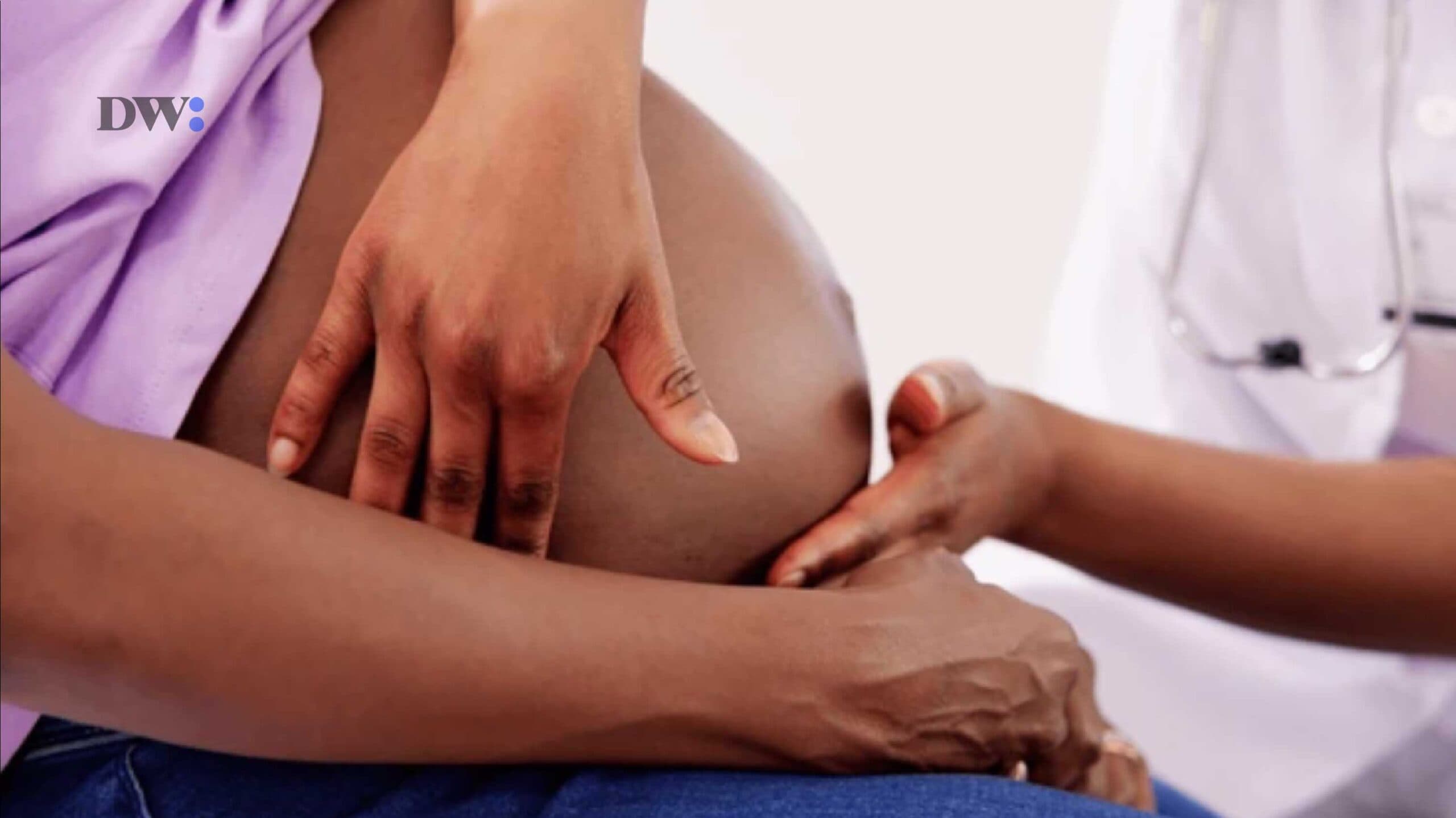The recent online controversy with men choosing to put friends before their spouses when they are giving birth highlights a pervasive social problem in Nigeria: how men have little regard for their pregnant spouses and don’t see childbirth as a life-or-death situation. This school of thought is quite insensitive and baffling considering the startlingly high rate of maternal mortality in Nigeria. This awful reality is a crisis that necessitates immediate attention and structural reform, yet it is frequently disregarded or ignored.
In Nigeria, maternal mortality is still a major public health concern. Many women still lose their lives as a result of pregnancy and childbirth problems, even with attempts to enhance maternal healthcare. The World Health Organization (WHO) reports that Nigeria has one of the highest rates of maternal death worldwide estimated at 917 per 100,000 live births in 2017 and by 2020, it had risen to 1047 fatalities, an almost 14% increase.
According to the 2023 UN research on Trends in Maternal Mortality during 2000-2020, Nigeria accounts for roughly 28.5% of maternal deaths worldwide. According to the survey, the lifetime risk for a woman in Nigeria to die during pregnancy, childbirth, or the postpartum period is 1 in 19. In contrast, in the most developed countries, the risk is 1 in 4900.
The North East region is said to have some of the worst maternal and neonatal health (MNH) results in the nation as a result of the ongoing violence, which is mostly caused by Boko Haram. Significant protection issues, displacement, lost livelihoods, and ongoing food shortages have all resulted from the insecurity.
These figures serve as a clear reminder of how vital it is to deal with the root causes of this issue.
The lack of adequate access to healthcare, especially in rural regions, is one of the main causes of maternal mortality in Nigeria. Many women do not have access to qualified medical professionals, necessary prescription drugs, or sufficient facilities for safe delivery. Poverty, cultural norms, and gender inequality all contribute to this imbalance in healthcare access by marginalizing the health needs of women.
Moreover, the argument of men choosing to prioritize their friends above their wives during childbirth draws attention to the larger problem of gender inequalities in society. Women’s health is frequently regarded as less important and respected than men’s. Due to this cultural prejudice, women’s reproductive health requirements, such as access to safe delivery services, family planning, and prenatal care, may be neglected.
A multifaceted strategy is required to address Nigeria’s maternal mortality crisis. It is imperative to prioritize investments in healthcare infrastructure and expand access to high-quality maternal healthcare services. This entails expanding the number of healthcare institutions, hiring more qualified medical staff, and making sure there are enough supplies of necessary drugs and supplies of equipment.
It is important to tackle gender inequity and advance the empowerment of women. This entails opposing detrimental cultural norms that discriminate against women and encouraging their involvement in health-related decision-making. We can guarantee that women’s needs are given priority and that they have more influence over their reproductive health by empowering them.
It’s critical to spread knowledge about maternal mortality and the terrible effects it causes. We can mobilize support for maternal mortality reduction efforts by raising public awareness of the problem. This entails supporting educational initiatives, interacting with local authorities, and arguing for legislative adjustments that give women’s health top priority.
It is critical to address the economic issues influencing maternal mortality. Underprivileged women may have less access to wholesome food and healthcare, which raises their risk of difficulties during pregnancy. Enacting policies aimed at reducing poverty and giving financially disadvantaged women support can both enhance their health results.
It’s important to improve the health system’s ability to handle crises and natural disasters. During times of crisis, including natural disasters, epidemics, and conflicts, the rate of maternal mortality may rise. It is crucial to make sure the healthcare system is set up to deliver necessary maternity healthcare services even in difficult situations.
It is important to promote contraception and family planning. We can help women plan their pregnancies, lower the risk of unplanned pregnancies, and enhance maternal health outcomes by giving them access to family planning services.
The problem of child marriage must be addressed. Early pregnancies brought on by child marriage raise the possibility of maternal death. This damaging practice can be less common by enacting rules and regulations that forbid child marriage and encouraging girls’ education.
Finally, it is critical to improve links and cooperation between communities, civil society organizations, healthcare providers, and government institutions. Together, we can take advantage of resources, knowledge, and power to solve the intricate problems associated with maternal mortality.
In conclusion, the maternal mortality crisis in Nigeria is a complicated problem with a long history. We can significantly reduce maternal fatalities by addressing the underlying causes, which include emergencies, gender inequality, cultural prejudices, inadequate access to healthcare, and economic concerns. Governments, healthcare providers, civil society organizations, and individuals must collaborate to establish a society in which every woman is entitled to a safe and healthy pregnancy and delivery.





